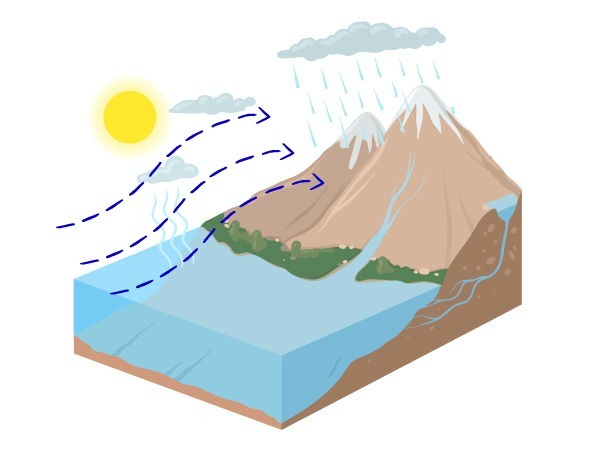Many people think that when you build a factory or industry in a certain location, you are industrializing this place. But industrialization is not simply building a factory at random.
it is understood by industrializationwhen a given location – it can be a country, a city, a state or a region – goes through a process in that society and modes of production cease to be predominantly agrarian and become industrial. In this way, industrialization is the growth or expression of industrial activity.
Industries, in the capitalist model of production, consolidate the existence of two main social classes: workers – or proletariats – and bosses – or bourgeois. The seconds are the owners of means of production, that is, they are the ones who make the investments and own the instruments of work and the goods produced.
The process of industrial transformation of a society is considered the very symbol of modernity, as it promotes the expansion of cities, the formation of large commercial centers and provides economic growth, in addition to generating more jobs and, consequently, increasing the number of consumers. The formation of industries causes, therefore, great transformations in the geographic space.
The first place in the world that went through the industrialization process was Europe, with emphasis on England. This country, based on the wealth it accumulated from its imperialist expansion, managed, in the 18th century, to carry out the so-called Industrial Revolution, with the invention of machines capable of assisting or even replacing man in the systems for manufacturing goods.
In Brazil, this process happened a long time later, due to the high economic dependence that we inherited from our colonial past. Thus, Brazil only began to industrialize from the 1930s, in the so-called Vargas Era. However, this process only intensified from the 1950s onwards.
Currently, industries have modernized, fleeing that old image of a factory with chimneys. Many of them work in offices and sometimes don't even produce concrete materials, like computer software companies. In addition, work relationships are also transformed, many workers carry out the work at home, on their personal computers, communicating with their employers only through the internet.

Some people work from home using their computers
Another feature of industries today is the existence of calls multinationals, also known as transnationals or global companies. As the name suggests, these are foreign companies that set up in other countries looking for workers with lower wages, cheaper raw materials and greater ease in delivering your products to consumers.
Nowadays, a city or region that does not have industries is considered “backward” because it is not capable of generating employment for its population. Thus, all places strive to attract industries to their region, which makes evident the importance of industrialization nowadays.
By Rodolfo Alves Pena
Graduated in Geography



